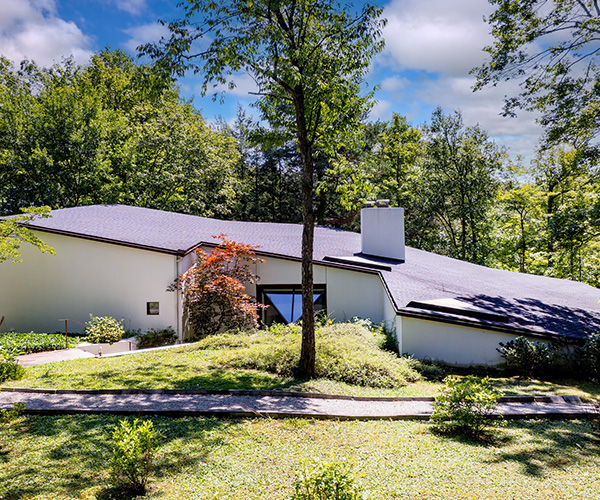> A temporary $7,500 tax credit is now available for any qualified purchase made before July 1, 2009.
> A homeowner can get a capital-gains exclusion on the sale of his or her home, as long as he or she has lived in the home for two of the past five years. He or she can also exclude from federal income tax (up to $250,000 or $500,000 if the owner is married and files a joint return) of any capital gain that results from the sale of your principal residence, regardless of the owner’s age.
> Homeowners may deduct mortgage interest and property taxes as an expense against income.
> The Home Office Deduction. A homeowner may be able to claim a deduction for certain home expenses if part of the home is used for business.
> Homeownership is an investment in the future. It provides shelter and security, fosters involvement in community life and provides important social and economic benefits.
> Homeownership improves neighborhoods. Owners are 28 percent more likely to improve their home and 10 percent more likely to participate in solving local problems.
> Homeownership provides stability. Homeowners typically stay in their homes twelve years, whereas renters stay in a residence no more than three years on average. (U.S. Census American Housing Surveys)
> Homeowners are 15 percent more likely to vote, and they volunteer time for political and charitable causes more frequently than renters.
Source: Cleveland Area Board of Realtors
> A homeowner can get a capital-gains exclusion on the sale of his or her home, as long as he or she has lived in the home for two of the past five years. He or she can also exclude from federal income tax (up to $250,000 or $500,000 if the owner is married and files a joint return) of any capital gain that results from the sale of your principal residence, regardless of the owner’s age.
> Homeowners may deduct mortgage interest and property taxes as an expense against income.
> The Home Office Deduction. A homeowner may be able to claim a deduction for certain home expenses if part of the home is used for business.
> Homeownership is an investment in the future. It provides shelter and security, fosters involvement in community life and provides important social and economic benefits.
> Homeownership improves neighborhoods. Owners are 28 percent more likely to improve their home and 10 percent more likely to participate in solving local problems.
> Homeownership provides stability. Homeowners typically stay in their homes twelve years, whereas renters stay in a residence no more than three years on average. (U.S. Census American Housing Surveys)
> Homeowners are 15 percent more likely to vote, and they volunteer time for political and charitable causes more frequently than renters.
Source: Cleveland Area Board of Realtors



